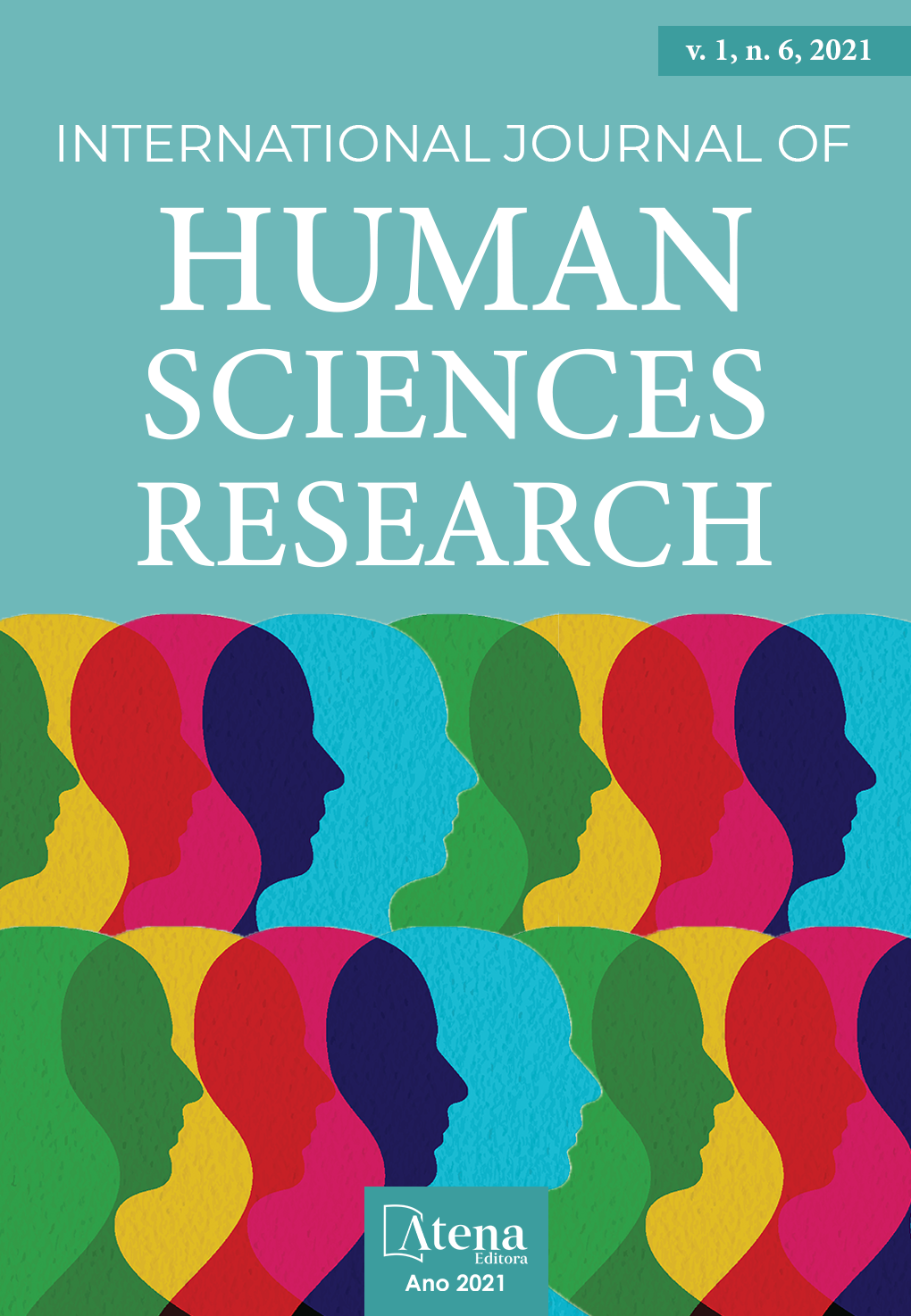
TRAINING EDUCATORS AND THE CHALLENGES OF TEACHING IN THE EDUCATION OF YOUTH AND ADULTS IN CONTEMPORARY
The present work aims to develop a study about the existing challenges in the formation of teachers in Youth and Adult Education, as a tool that makes it possible to contribute to the inclusion and socialization of students in this type of teaching. In this sense, the objective is to reflect the importance of the teacher in seeking professional improvement, knowledge and methods, so that it is possible to offer a quality class. The methodological procedure is based on bibliographical research, with specific literature on the subject, such as: Andrade (2004); Spider (1996); Bello (1993); Calado (2008); Fonseca (2002); Gadotti (2010); Gomes (2007); Haddad (2007); Soares (2005). The relevance of the object is a way of having contact with theories that encompass teacher education, the historical context and the profile of students. It must also be noted that the aspects of discrimination and exclusion that the referred group suffers during the schooling process, in which EJA appears as an educational instrument that seeks to meet the demands, needs and particularities of these subjects. Thus, educators must be more respected, recognized and valued compared to other teaching models, and the government must encourage, promote and invest more and more in the qualification of teachers.
TRAINING EDUCATORS AND THE CHALLENGES OF TEACHING IN THE EDUCATION OF YOUTH AND ADULTS IN CONTEMPORARY
-
DOI: 10.22533/at.ed.5582109122
-
Palavras-chave: Educator Training. Teaching. Youth and Adult Education.
-
Keywords: Educator Training. Teaching. Youth and Adult Education.
-
Abstract:
The present work aims to develop a study about the existing challenges in the formation of teachers in Youth and Adult Education, as a tool that makes it possible to contribute to the inclusion and socialization of students in this type of teaching. In this sense, the objective is to reflect the importance of the teacher in seeking professional improvement, knowledge and methods, so that it is possible to offer a quality class. The methodological procedure is based on bibliographical research, with specific literature on the subject, such as: Andrade (2004); Spider (1996); Bello (1993); Calado (2008); Fonseca (2002); Gadotti (2010); Gomes (2007); Haddad (2007); Soares (2005). The relevance of the object is a way of having contact with theories that encompass teacher education, the historical context and the profile of students. It must also be noted that the aspects of discrimination and exclusion that the referred group suffers during the schooling process, in which EJA appears as an educational instrument that seeks to meet the demands, needs and particularities of these subjects. Thus, educators must be more respected, recognized and valued compared to other teaching models, and the government must encourage, promote and invest more and more in the qualification of teachers.
-
Número de páginas: 11
- Benjamim Machado de Oliveira Neto


